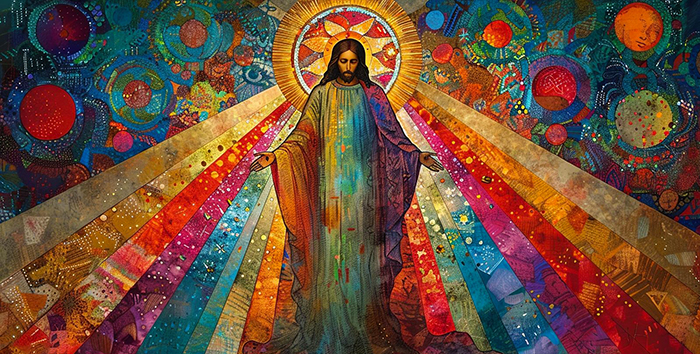
Thomas Merton, in “New Seeds of Contemplation,” writes that it is in the deepest darkness that we most fully possess God on earth because it is then that our minds are most truly liberated from the weak, created lights that are darkness in comparison to Him; it is then that we are filled with His infinite Light which seems pure darkness to our reason. In this greatest perfection of faith, the infinite God Himself becomes the Light of the darkened soul and possesses it entirely with His Truth. And at this inexplicable moment, the deepest night becomes day, and faith turns into understanding. It often happens that where there is deep faith, accompanied by true consent of love to God and to His truth, difficulties may persist in the imagination and in the intellect. In a certain sense, we may say that there are still “doubts,” if by that we mean not that we hesitate to accept the truth of revealed doctrine but that we feel the weakness and instability of our spirit in the presence of the awful mystery of God. This is not so much an objective doubt as a subjective sense of our own helplessness, which is perfectly compatible with true faith. Indeed, as we grow in faith, we also tend to grow in this sense of our own helplessness so that a man who believes much may, at the same time, in this improper sense, seem to “doubt” more than ever before. This is no indication of theological doubt at all but merely the perfectly normal awareness of natural insecurity and the anguish that comes with it. It is in the deepest darkness that we most fully possess God on earth because it is then that our minds are most truly liberated from the weak, created lights that are darkness in comparison to Him; it is then that we are filled with His infinite Light which seems pure darkness to our reason. In this greatest perfection of faith, the infinite God Himself becomes the Light of the darkened soul and possesses it entirely with His Truth. And at this inexplicable moment, the deepest night becomes day, and faith turns into understanding.
